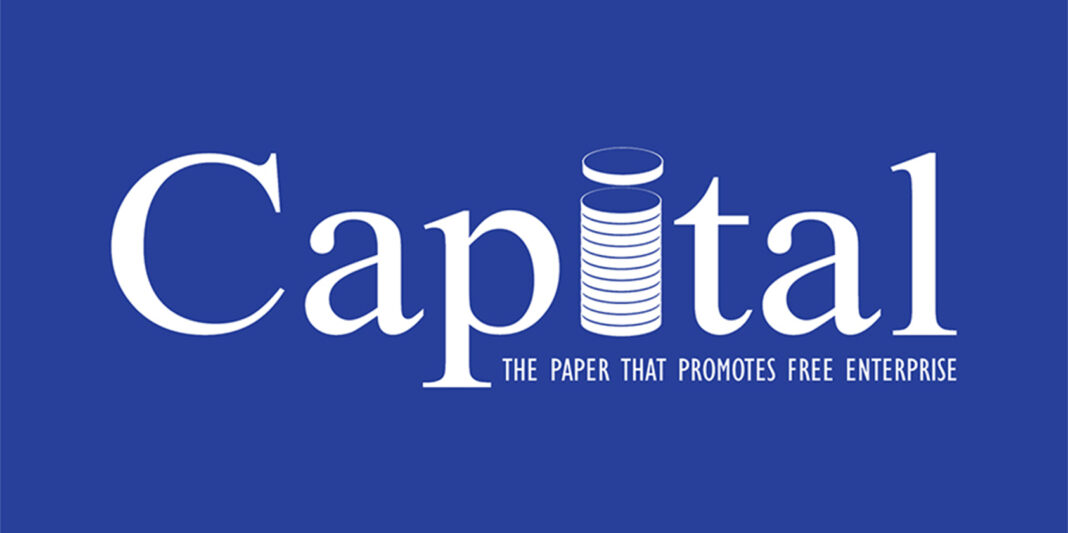We live in strange times. Never before have we had so much access to information, yet never has truth felt so slippery. In today’s post-truth society, emotions, personal beliefs, and viral narratives often shape public opinion more strongly than facts or data. While this may seem like a cultural or political phenomenon, its ripple effects reach deep into the economy, influencing policy, investment, and even the way we innovate.
Scroll through your social media feed and you’ll see how quickly emotional stories spread. A dramatic headline, a video clip stripped of context, or a meme that “feels right” often gains more traction than pages of verified data. Algorithms reward what keeps us scrolling, and sensationalism beats nuance almost every time.
The consequence? Societies become divided not over the facts themselves, but over what counts as a fact. In this fragmented environment, governments and businesses face growing challenges in making rational, evidence-based decisions.
Economic development is built on sound policies – on climate, trade, education, healthcare, and beyond. But what happens when policies are swayed more by emotional narratives than by evidence?
Take climate change: despite overwhelming scientific consensus, denialist rhetoric continues to slow investment in green technologies. Or look at trade: protectionist slogans may resonate emotionally, but they often ignore the long-term benefits of global cooperation, leading to disrupted supply chains. Even public health—so critical during the COVID-19 pandemic—was derailed in many places by misinformation, hurting productivity and delaying recovery.
For economies to grow, trust is as important as capital. Investors want reliable data, entrepreneurs want stable rules, and workers want skills that match market needs. A post-truth climate shakes all three.
Investors hesitate when official statistics seem politically manipulated. Innovators struggle if scientific institutions are dismissed or defunded. Markets can swing wildly on rumors, with misinformation sparking bubbles or crashes. Education systems, when bent by ideology rather than evidence, fail to produce a workforce ready for the future. In short, when truth itself is contested, the very foundation of development becomes unstable.
The digital revolution is both the culprit and the cure. On one hand, platforms amplify misinformation at lightning speed. On the other, they democratize knowledge and empower new voices. The challenge is ensuring that the digital economy – where data is the new oil – doesn’t become polluted by misinformation that corrodes trust and efficiency.
So, how do we pursue growth in a world where truth is contested? Some steps are clear: Strengthening independent institutions so statistics and research remain credible. Promoting media literacy and critical thinking, so citizens can separate fact from spin. Pushing tech companies to take responsibility for how information circulates. Building international cooperation on digital governance, since misinformation knows no borders. And perhaps most importantly, acknowledging the emotional roots of post-truth politics. People don’t reject facts randomly—often it’s because those facts clash with their identities, fears, or lived experiences. Listening matters as much as correcting.
To conclude, economic development doesn’t just rely on markets or machines – it relies on truth. Without trusted data, fair debate, and evidence-driven policy, growth risks becoming unstable or short-sighted. In the end, a society that loses its grip on truth also risks losing its grip on prosperity.
The challenge of our age is to build economies that are not only innovative and inclusive, but also resilient in the face of misinformation. Progress will demand not just better technology or smarter policies, but also a renewed commitment to truth in public life.






